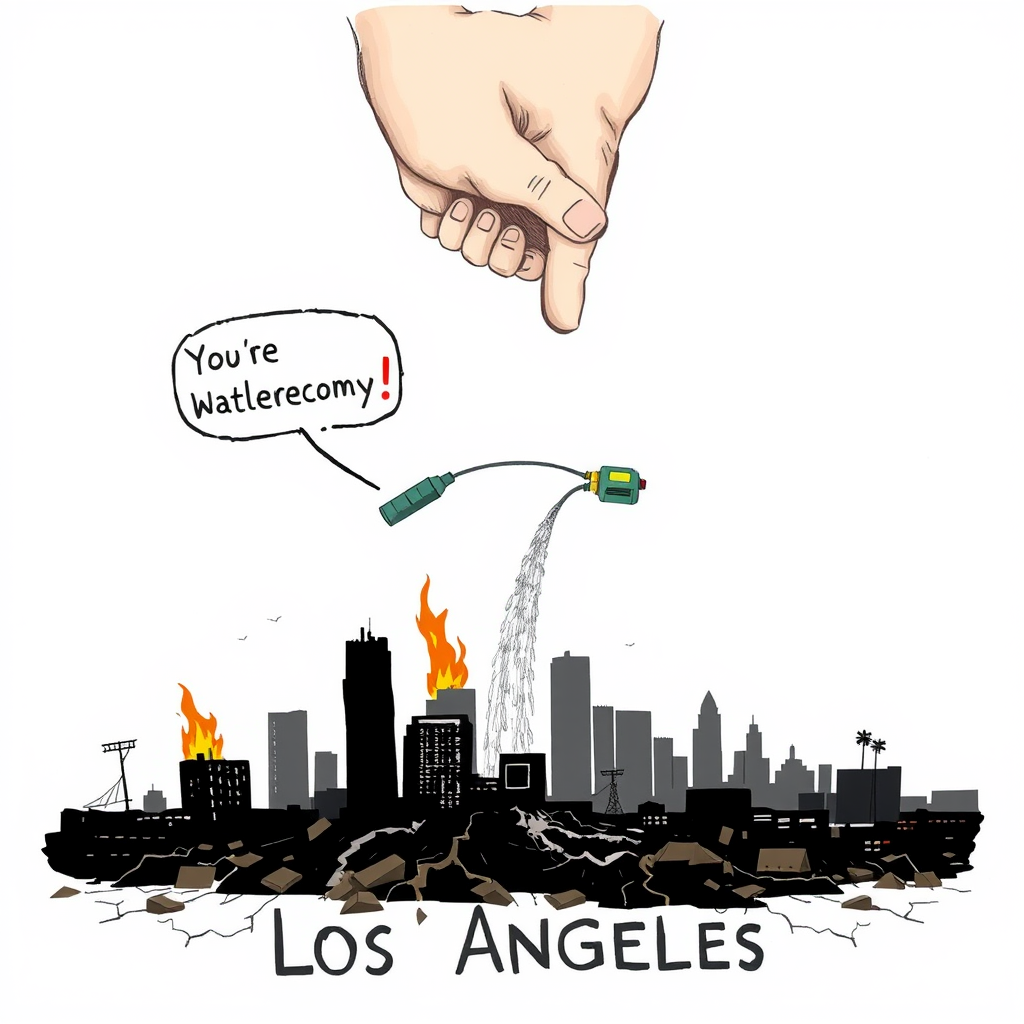Dana Bash Torches Trump’s National Guard Demand

CNN’s Dana Bash sharply criticized former President Donald Trump Monday for a Truth Social post demanding gratitude from Los Angeles officials for deploying the National Guard to address recent protests. Bash characterized Trump’s demand as akin to “an arsonist saying, ‘You better call the fire department,’” during a segment on Inside Politics.
The exchange stemmed from Trump’s post claiming his administration’s decision to send in the National Guard prevented the complete “obliteration” of Los Angeles amidst what he described as “violent, instigated riots.” He insisted that California Governor Gavin Newsom and Los Angeles Mayor Karen Bass should publicly thank him for averting disaster, accusing them of falsely claiming the Guard’s assistance wasn’t needed and mischaracterizing the demonstrations as “peaceful protests.” Trump shared images and videos depicting violence and destruction as evidence.
During the same broadcast, CNN’s Manu Raju noted the unusual nature of federal intervention, stating that deploying the National Guard is “just an extraordinary step for the federal government to do.” He also expressed skepticism regarding Trump’s claim of impending obliteration, acknowledging that reports on the ground painted a different picture.
Newsom and Bass, along with other officials, have publicly condemned Trump’s decision to send in the National Guard without their consent, arguing that the move escalated tensions and exacerbated the situation – essentially, as they allege, “pouring gasoline on the protests.”
This incident highlights a recurring pattern in Trump’s rhetoric: framing situations as crises requiring his intervention, then demanding recognition for actions taken, even when those actions are perceived by local authorities as counterproductive or unwanted. The demand for thanks, particularly in the context of a sensitive situation involving protests and public safety, appears to prioritize self-promotion over collaborative governance. It’s a tactic that consistently draws criticism and underscores the deeply polarized political climate.